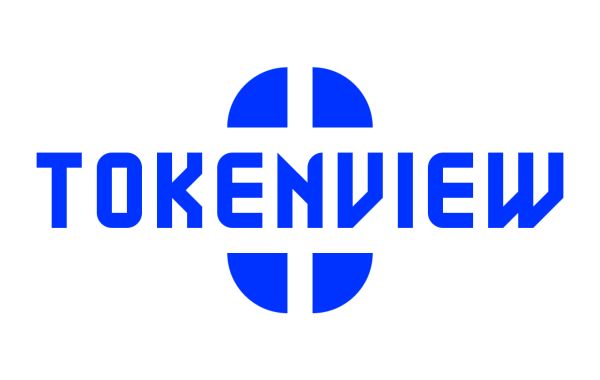Understand API for blockchain technology
The API for blockchain is a tool used to help developers interact with the blockchain network. It makes it easy to integrate blockchain into applications or websites. In short, it simplifies developers' interactions with blockchain networks while helping them build decentralized applications. One way it does this is by providing access to data on blocks, smart contracts, transactions, account balances, and more. It allows users to send messages on the blockchain without having to write their code. For developers, it is common to use a JSON-RPC architecture to interact with apis. They call apis via WbSockets or HTTPS to send or receive data from the blockchain. In addition, they can exchange data with the blockchain using a standard SDK. There are also enhanced apis that can save development time. They include the NFT API, the DeFi API, and the Wallet API built on top of the standard API.
Use cases for API for blockchain
There are many use cases for API for blockchain. They can be used to create DApps, secure data, and fintech solutions. In addition, they can be used to facilitate digital authentication. API for blockchain can also build interfaces between blockchain networks and other systems without creating custom code. In addition, they have access to accounts, smart contracts, transaction data, and more. One specific use case for API for blockchains is crypto wallets. Crypto wallets are used to help manage cryptocurrencies in your crypto address. The wallet is a central location for managing cryptocurrencies and connecting DApps. The crypto wallet API can be linked to different blockchain networks and perform various functions such as selling, placing, and canceling open orders. An example of this is the Binance API. Another use case is digital banking. The blockchain API allows banks to integrate their products with crypto banking services such as lending, payments, and accepting deposits. The API can also allow banks to notify customers about fees and balances. Blockchain apis can be used for portfolio tracking. They can feed historical and real-time blockchain data to portfolio management software, allowing users to manage their crypto assets more efficiently. Such an API can provide portfolio owners with data such as transactions made from a given address, tracking fees, monitoring deposits and withdrawals, and more. The API also connects to the switch to provide various services. For example, they can rank coins based on market capitalization, daily trading volume, and other metrics. In addition, they can be used to place orders. API for blockchain is also used to encrypt managed services. They allow custodian providers to offer users digital management solutions integrated with crypto wallets to securely store cryptocurrencies. These custodial services are especially important when it comes to storing private keys. API for blockchain can also be linked to crypto mining software to improve efficiency. They track information on the blockchain and inform users to mine a given network at the most efficient time. The result is that miners can maximize profitability. The blockchain API is also applicable to cryptocurrency lending services. They are used to provide information that can be used to establish a borrower's credit score. API for blockchain is commonly used to lend cryptocurrencies directly between users and charge interest. The blockchain API is also useful for cryptocurrency accounting and taxation. It ensures that users can accurately calculate the amount of tax they owe to the last decimal point. They work by linking crypto wallets to crypto tax apps, allowing users to receive their profit and loss updates in real-time. Therefore, they can be used to determine the most advantageous tax accounting method. API for blockchain also helps facilitate the operations of crypto payment service providers. They can convert cryptocurrencies through exchanges, generate deposit addresses, and more. The blockchain API is also useful when building blockchain browsers. Resource managers are used to explore the data on the blockchain, which is collected through apis. The API will help ensure that resource managers provide usage and real-time data on the blockchain state. Blockchain apis also help connect real-world data to prophecy machines, which then send it to smart contracts. As such, they allow smart contracts to communicate with the outside world.
Sum up
As the Internet evolves to Web3, cryptocurrencies and NFTS will continue to grow. API for blockchain will play an important role in facilitating this development. They will improve connectivity and create a unified environment for developing a variety of use cases.
Search
Popular Posts







